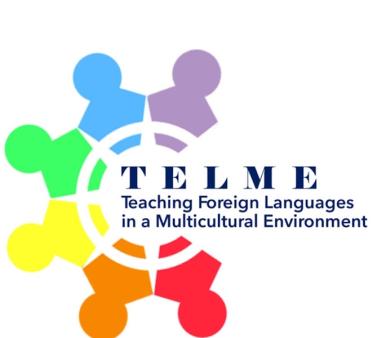This degree is run by the Communication Department, which is composed of lecturer-researchers and lecturer-practitioners. It develops skills related to the analysis and implementation of information and communication strategies from organizational, media, social and technical standpoints. It is supported by the Rennes 2 Research Centre for Francophone countries, Interculturalities, Communication and Sociolinguistics.
Objectives
The Organizational Communication and Digital Innovation pathway trains future organizational communication professionals for managerial positions in different types of institutions: companies, communication consultancy agencies and service providers, regional authorities, and the voluntary, cultural and medico-social sectors. The training is geared towards the acquisition of analytical and assessment skills specific to the students’ future organizational environments and the ability to translate these assessments into recommendations, argumentation strategies and operational actions. It also aims to train professionals in the ability to support the evolution of organizational forms in the context of digital change.
Skills
-
Analysing social, technical, organizational and media information devices;
-
Analysing contexts and challenges of communication for an organization;
-
Auditing communication devices;
-
Selecting and prioritizing media and social networks;
-
Developing communication strategies;
-
Analysing the dynamics of innovation;
-
Analysing and supporting the use of digital machines and information systems;
-
Analysing, implementing and supporting rationales of communication, cooperation and policy coordination;
-
Supporting change;
-
Driving digital projects;
-
Analysing changing organizational forms in a digital context.
Course Content
This specialization is very closely linked to two other specializations in the Communication Department: Public and Political Communication and Information and Communication. The Compulsory Core Teaching Units (UEFs) and Methodology Teaching Units (UEMs) of the three specializations are shared over the two years to provide a knowledge base and foundation for transversal methods and skills in the field of human and social sciences that are useful for information and communication sciences: information and communication epistemology, societal challenges of digital technology, sociology, semiotics, intercultural communication, broadcasting methodologies for activity analysis, introduction to research, etc.
These specialization classes deepen knowledge and skills in terms of organizational communication projects (organization and communication, communication in risk and crisis contexts, technology, communication and society, cognitive approaches to activity in an organizational context, communication and change management, etc.) and digital projects (writing general digital policies, technology, user experience design, communication and society, etc.). The M2 extends the themes developed in M1.
In addition to the final exams and continuous assessments, the Master 1 assessment is based on a written dossier produced by the student reporting on individual and collective research and their completion of a group organizational communication project.
In Master 2, the communication project is replaced by a compulsory internship (equivalent of minimum four months full-time) or professional training contract, and the group research dossier is replaced by an individual dissertation.
The two years are organized in such a way as to facilitate internships and work-study contracts. In M1, students spend three days at university and two days in industry. In M2, they spend two weeks at university and one week in industry in the first semester and then two weeks in industry and one week at university in the second semester, with the possibility of moving to full-time from May onwards.




